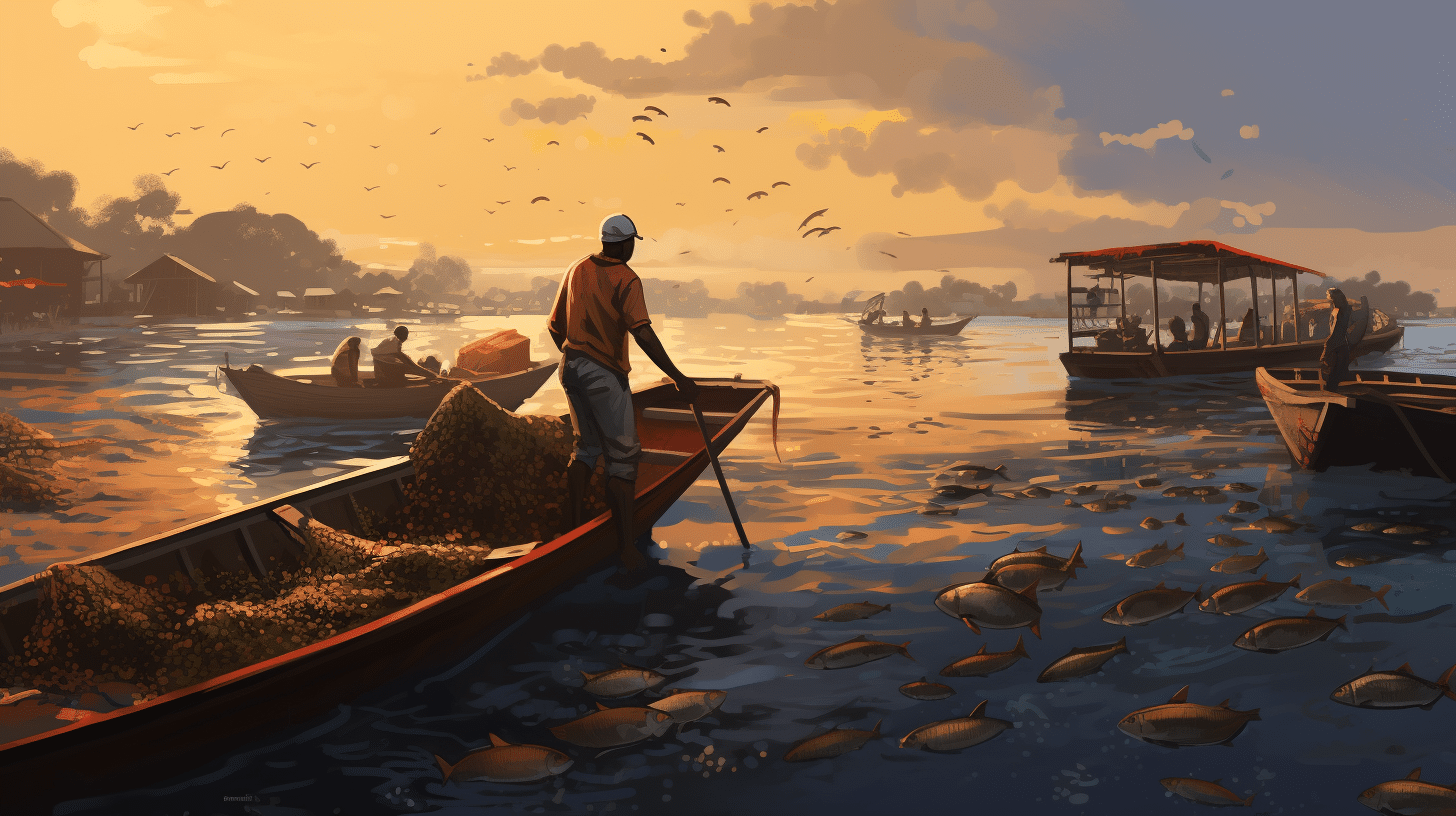Overfishing
Many fishermen are venturing into the business making the number to increase at a more faster rate. The outcome is that it has made the place to have few number of fish species due to overfishing. The fishermen cannot give time for the available fish to multiply and grow in number rather they go ahead to endangered the species by fishing in not only large numbers but also in huge amounts.
Growth of water Hyacinth
The plant species is really making the work of fishermen in the lake to be more difficult and sound hardest. The growth of the plants in the huge water body has not only hindered fishing but also transport on the lake has become difficult. The government has been reluctant to get measures of eradicating the plant species out of the area. It is important that measures be laid down on how to help the fish farmers.
Lack of fishing Equipments and facilities
Many fishermen in the area access the lake with boats that are poorly constructed making it hard for them to go to the interior regions that the number of fish is plenty in supply. Furthermore lack of facilities such as fridges that can be used in storing caught fish is a problem that is continually growing in the area. Most fishermen farmers lack the basic tools that can make fishing an easy task.
Lack of Capital
The problem is also a major one around the lake. Capital is needed for the expansion of the fish farming industry and little efforts have been made by the Kenyan government. Roads heading to the lake side are poorly constructed and the communication system is also poor. The minister or country representatives should advocate for a better fishing industry in the area around the lakeside.



0 comments